|
Nigeria is among the world’s largest importers of rice - a situation that’s vexed the country’s government so much it has moved to shut down rice imports entirely. The problem, as Rahman Akintayo Sanusi outlines, is that Nigeria isn’t in a position to produce the amount of rice it needs. There are a number of reasons for this, including poor government support for rice farmers.
Several South African universities have appointed new vice-chancellors over the past year. These men and women are expected to steer the institutions through turbulent times in the country’s higher education sector. Jonathan Jansen gives insight into what criteria university leaders must meet to lead effectively and provides key pointers on what they should focus on.
|
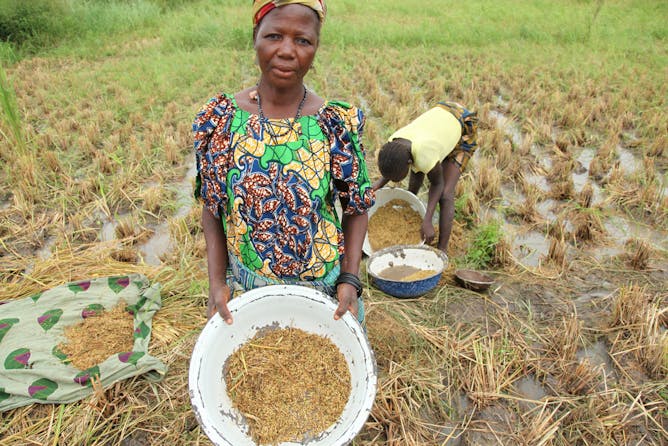
Rapid urbanisation is one of the reasons that Nigeria’s demand for rice is so high.
Jeremy Weate/Flickr
Rahman Akintayo Sanusi, Federal University of Agriculture, Abeokuta
Nigeria's agricultural sector simply isn't equipped to produce the amount of rice to meet demand.
|

South African students protest outside Parliament in support of students convicted over the #FeesMustFall protests.
EPA-EFE
Jonathan Jansen, Stellenbosch University
Certain criteria are needed to lead a university but additional knowledge is also useful.
|
Politics + Society
|

Joleen Steyn Kotze, University of the Free State
The African National Congress faces two big challenges: fewer South Africans trust it, while its electoral support has been waning.
| |
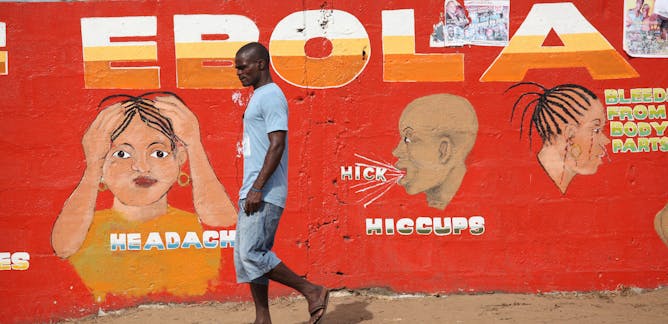
Nic Cheeseman, University of Birmingham
Aid has never been just about helping people. It's also about gaining influence and exercising soft power.
|
|
|
Health + Medicine
|

Miles B. Markus, University of the Witwatersrand
Significant new insights are emerging for the treatment of malaria, and eventually its eradication.
| |
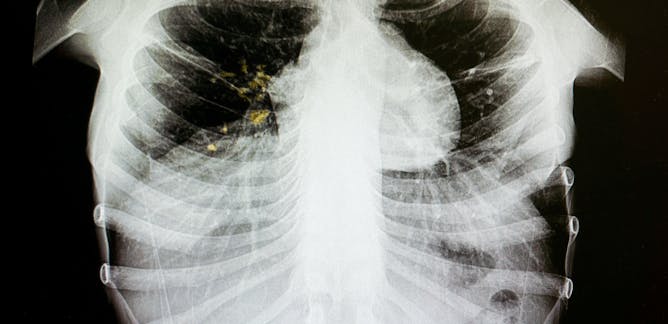
Ruben Cloete, University of the Western Cape
Using a large number of computers to screen TB drugs reduces the cost and time.
|
|
|
From our international editions
|
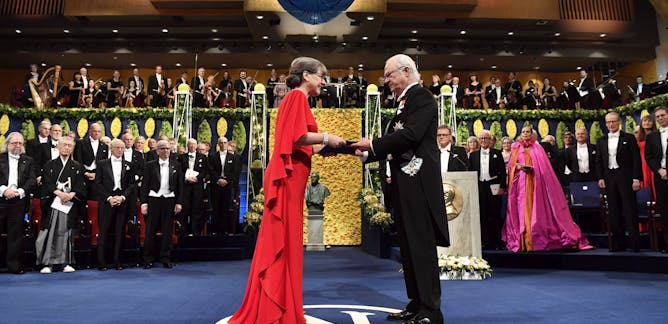
Donna Strickland, University of Waterloo
The winner of the 2018 Nobel Prize in physics says scientists shouldn't feel pressured to do research that has economic or commercial ramifications. Science for the sake of science is more important.
| |

Jon Roozenbeek, University of Cambridge; Melisa Basol, University of Cambridge; Sander van der Linden, University of Cambridge
WhatsApp has become a haven of misinformation in developing countries.
|
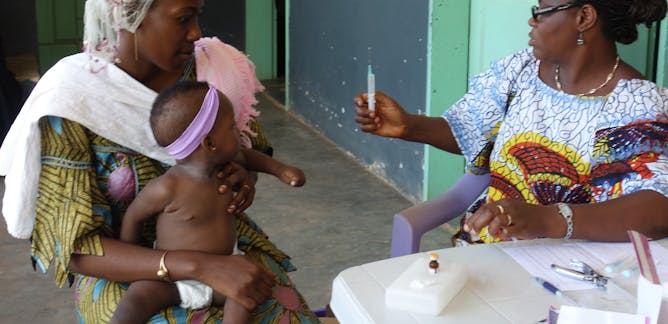
Christine Stabell Benn, University of Southern Denmark
Vaccines have 'non-specific effects' that have the potential to save millions of lives.
| |

John Colley, Warwick Business School, University of Warwick
There are a lot of similarities between the state of tech companies today and when the 2000 dot-com bubble burst.
|
|
|